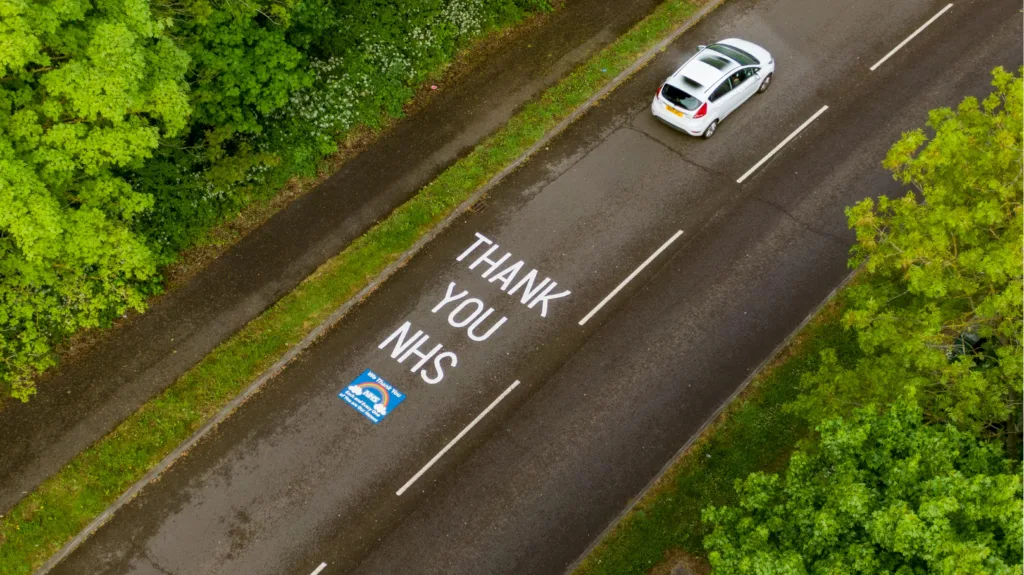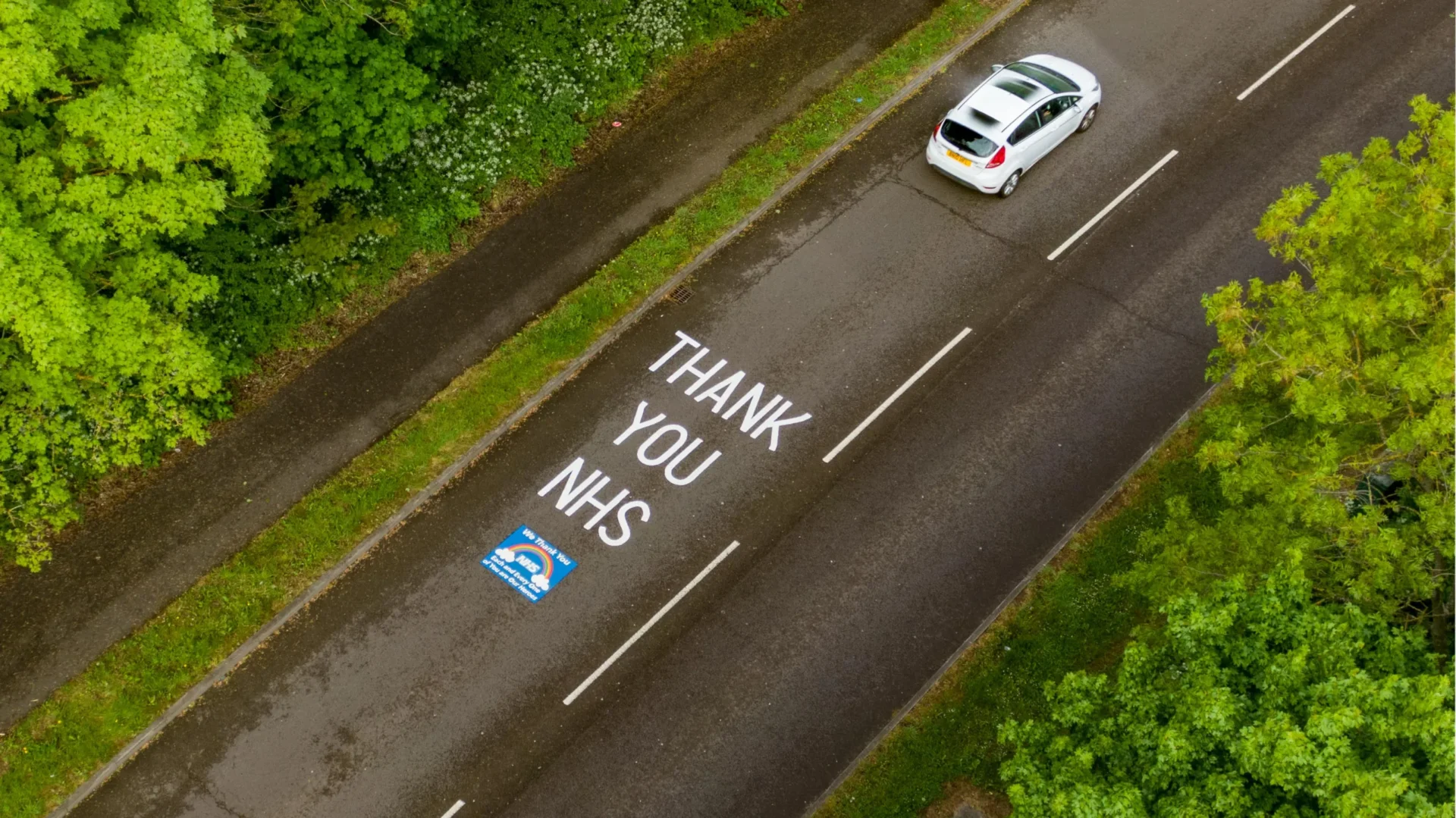Health and care partners across Cambridgeshire & Peterborough have launched a campaign to help see more patients leaving hospital earlier in the day, so they can be ‘home for lunch’. They say this has many benefits both for patients’ mental and physical health alongside helping to reduce pressures on our wider health care services.
Carol Anderson, Chief Nurse at NHS Cambridgeshire & Peterborough said: “This winter we will be doing all we can to get our patients home in the morning, in daylight hours, which is especially important for many of our frail and elderly patients.
“Friends and family can help us to get their loved ones home sooner. Delays in collecting friends and family can result in delays across our entire hospital system, making it harder for us to treat those most in need.
“Therefore, when you do get the call to say your relative is ready to come home, please help us by making sure you are ready to collect them and that their home is clean and safe for them to return to.”
The chief nurse says that getting patients home earlier in the day will not only help to reduce their risk of harm, but it will also help to free up capacity across the whole health and care system so that staff can give the vital care to those that need it most.
Hospital wards will have space to receive patients in the afternoon, so more beds are available sooner.
And she says ambulances will be able to offload patients into emergency departments “in a timelier manner, so paramedics can then get back out into the community, rather than wait outside hospitals for patients to be admitted when a bed becomes available”.
Carol added: “We know that keeping patients in a hospital bed when they no longer require hospital care can have a negative impact on their mental and physical wellbeing.

“Being in familiar surroundings with support from loved ones is one of the best things for mental wellbeing.
“Hospitals are unfamiliar and can be very confusing. Being in hospital for too long can reduce muscle capacity and reduce the ability to do routine things for yourself.
“As well as being detrimental to those patients, avoidable delays in discharge add significant pressure to our hospitals.
“They prevent the admission of patients who are unwell and do need a hospital bed; those delays contribute to dangerous congestion in our emergency departments, lengthy ambulance handovers, and deteriorating 999 response times.”




















